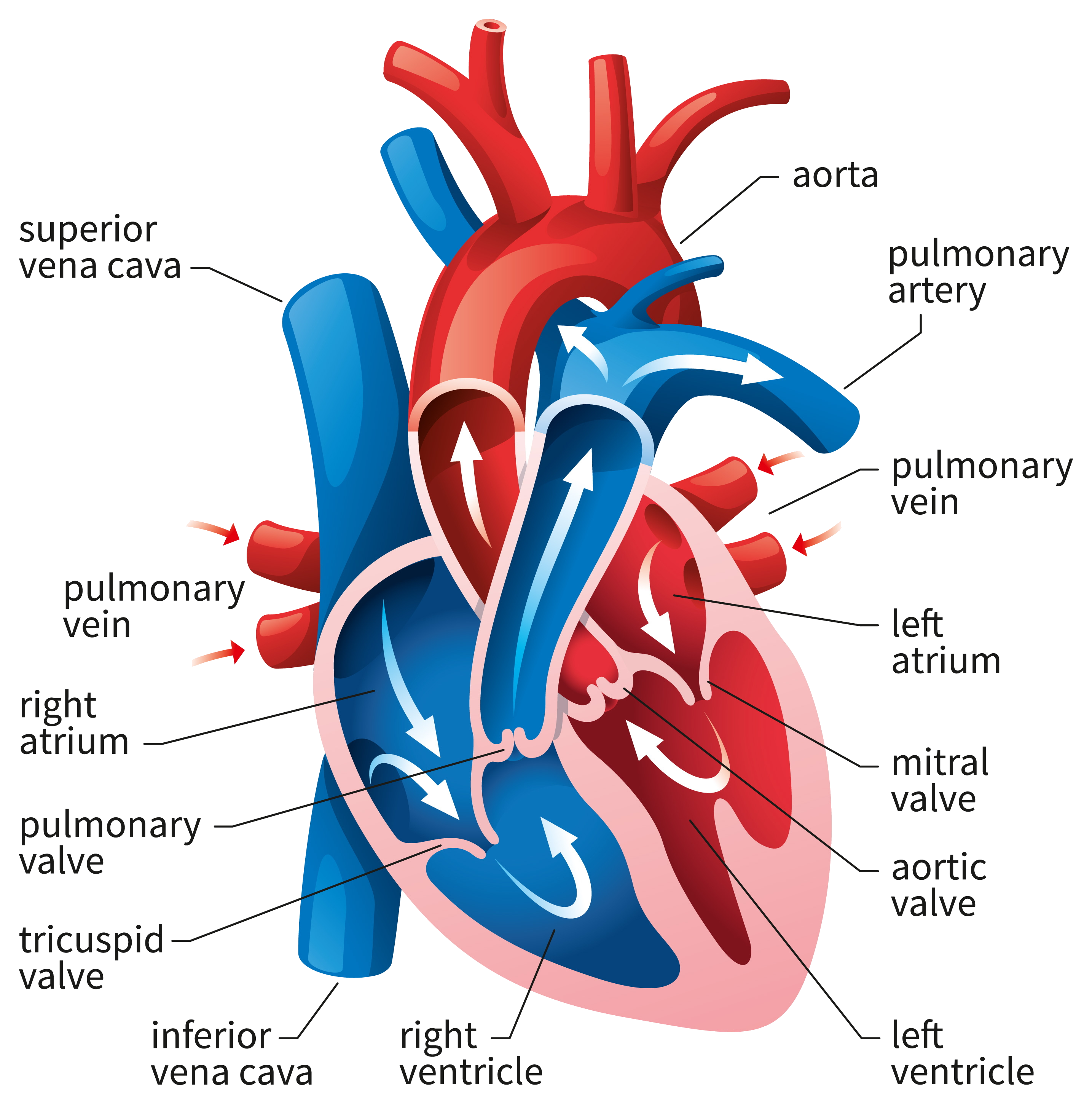Cardiology

Cardiology
Cardiology is the branch of medicine that deals with the diagnosis, prevention, and treatment of diseases of the heart and cardiovascular system. Cardiologists are trained to diagnose and treat a wide range of heart conditions, including:
- Coronary artery disease
- Heart attack
- Heart failure
- Arrhythmias
- Congenital heart defects
- Valvular heart disease
- Cardiomyopathy
- Pericarditis
- Endocarditis
- Pulmonary embolism
- Deep vein thrombosis
Cardiologists use a variety of diagnostic tests, such as electrocardiograms (EKGs), echocardiograms, and stress tests, to diagnose heart conditions. They also use a variety of treatments, such as medications, surgery, and lifestyle changes, to treat heart conditions.
Cardiology is an important part of healthcare. Cardiologists can help people to prevent heart disease, diagnose heart conditions early, and treat heart conditions effectively.
Here are some of the benefits of cardiology:
- Prevention of heart disease. Cardiologists can help people to prevent heart disease by counseling them on healthy habits such as diet, exercise, and weight loss. They can also screen people for heart disease risk factors such as high blood pressure, high cholesterol, and diabetes.
- Early diagnosis of heart conditions. Cardiologists can diagnose heart conditions early, when they are most treatable. This can help to improve the patient’s long-term health and well-being.
- Effective treatment of heart conditions. Cardiologists have a variety of effective treatments for heart conditions, including medications, surgery, and lifestyle changes. These treatments can help to improve the patient’s quality of life and life expectancy.
If you are experiencing any symptoms of heart disease, such as chest pain, shortness of breath, or palpitations, it is important to see a cardiologist. A cardiologist can diagnose your condition and recommend the best course of treatment.
